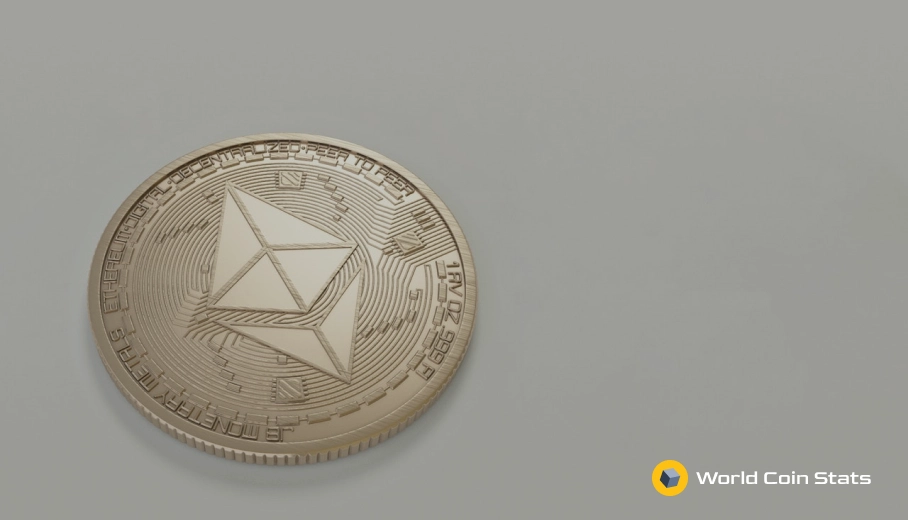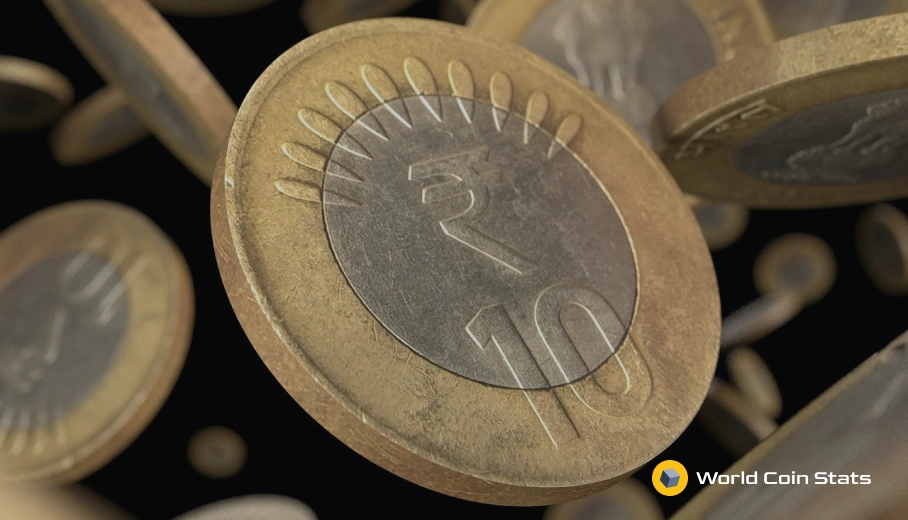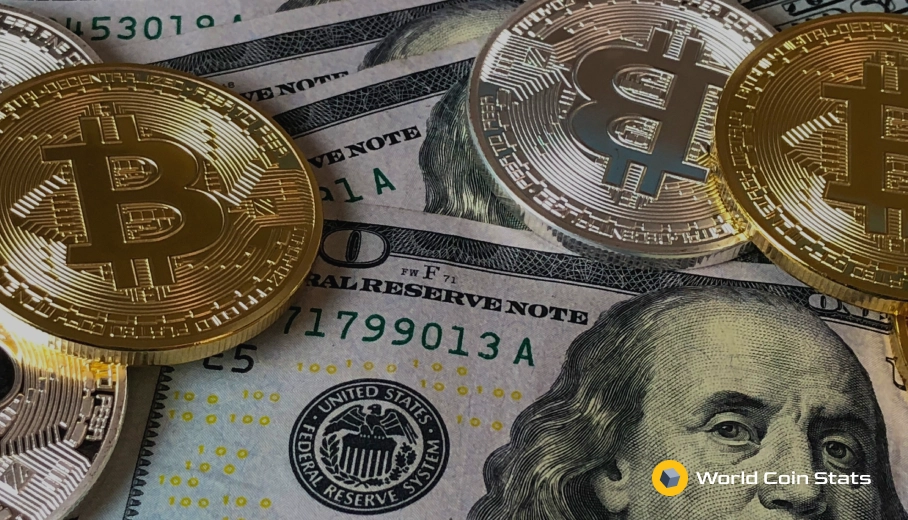Ethereum: Commodity, Store of Value, or Security?
One of the more important questions surrounding Ethereum, and all cryptocurrencies, is what cryptocurrencies should be classified as? Should Ethereum be classified as a commodity, store of value, security, currency, or something entirely different?
This article will explore the differences between those classifications. We will also explain what Ethereum is and should be classified as by regulators and how this classification can impact the future of Ethereum.
Commodities Are Fungible
First, commodities are defined as fungible commercial goods. This means that every unit is replaceable by another unit. Popular commodities include oil, metals, natural resources, and even currency.
The important thing with a commodity is that it’s fungible. Ethereum is definitely fungible – every token is worth the same as each other.
Due to this, we will say that Ethereum is certainly a commodity. But this does not answer the whole question because an asset can have multiple classifications.
Is Ethereum a Store of Value?
Yes, Ethereum is certainly a store of value. A store of value is defined as any asset that increases in value instead of decreasing in value.
For example, gold, other precious metals, collectible cars, and antiques are considered stores of value because their value increases over time. On the other hand, a mass produced car is not considered a store of value because the price depreciates over time.
That said, there is some risk to Ethereum as a store of value because the price could stop increasing or even decrease because of the lack of a maximum supply limit on the production of Ethereum.
Is Ethereum a Currency?
In our opinion, this is the more interesting question. To answer it, we first must define a currency. Economists generally state that a currency must meet these requirements:
- Fungible – Every unit must be worth the same.
- Divisible – Basically, there has to be a way to split up the currency to use it as a medium of exchange.
- Transferable – A currency must be transferable to another party.
- Portable – Again, a party must be able to move a currency around for it to have any use.
- Scarce – Finally, a currency must have a limited supply to prevent inflation.
It’s important to note that a currency does not require any government backing. A currency can have legal backing to facilitate uniformity, but it’s not required.
For instance, people in some parts of the world use cattle, rather than government backed money, as currency. Cattle is fungible, divisible, transferable, portable, and scarce.
Anyway, Ethereum is certainly a currency because it meets all of the above criteria. And yes, Ethereum is still scarce despite having no maximum supply because it still requires mining to acquire Ether tokens.
Is Ethereum a Security?

This is the most important question for the growth of Ethereum. Again, we have to define the term “security” to determine if Ethereum is a security.
Basically, a security is a financial instrument that offers the potential for profit or for loss.
That’s a very broad definition, so regulators have narrowed it down a little bit. A security must be issued by a centralized organization.
Ethereum is decentralized, so it is not classified as a financial security. However, the initial coin offerings (ICOs) and subsequent altcoins that use the Ethereum blockchain are generally classified as securities.
Those coins come from a central authority. And the coins themselves are essentially a share of the company that produces the coin.
This is why Ripple has run into trouble with the Securities Exchange Commision (SEC) – Ripple is issued by Ripple and not a decentralized group.
The Problem With Securities
The big problem that cryptocurrencies have when they are classified as securities is the regulation they face as a security compared to a commodity.
Simply put, the regulations are much more stringent for a security than the regulations for a commodity.
The most important regulation is that only a licensed security broker could sell the cryptocurrency. Cryptocurrency exchanges are not licensed security brokers, so they would be unable to sell any cryptocurrency classified as a security.
What Is The Best Financial Classification For Ethereum?
The best financial classification for Ethereum is as a commodity. A currency would also work because Ethereum meets the test for classification as a currency.
However, Ethereum is a terrible currency because the price is far too volatile. This could change in the future, but at the moment it does not work very well as a currency.
There is an exception to Ethereum as a currency, though.
The initial coin offering.
ICOs are almost always done in Ethereum. But that does not make it a good option. ICOs use Ethereum because there are fewer regulations than using fiat currency.
Final Thoughts
Ethereum and most decentralized cryptocurrencies are most likely safe from being classified as a security. That is a huge relief for the future of cryptocurrency as a security classification would be a tremendous blow to cryptocurrency.
That said, it does seem probable that cryptocurrencies will receive their own unique classification. We could see them being classified as “cryptocurrency” – a decentralized commodity, basically. Rules will likely be put in place to limit the privacy of cryptocurrencies.
For the foreseeable future, cryptocurrencies will be classified as commodities. Again, it could change quickly, which is why we recommend loading up on cryptocurrencies like Ethereum and Bitcoin before more stringent regulations make it more difficult.




